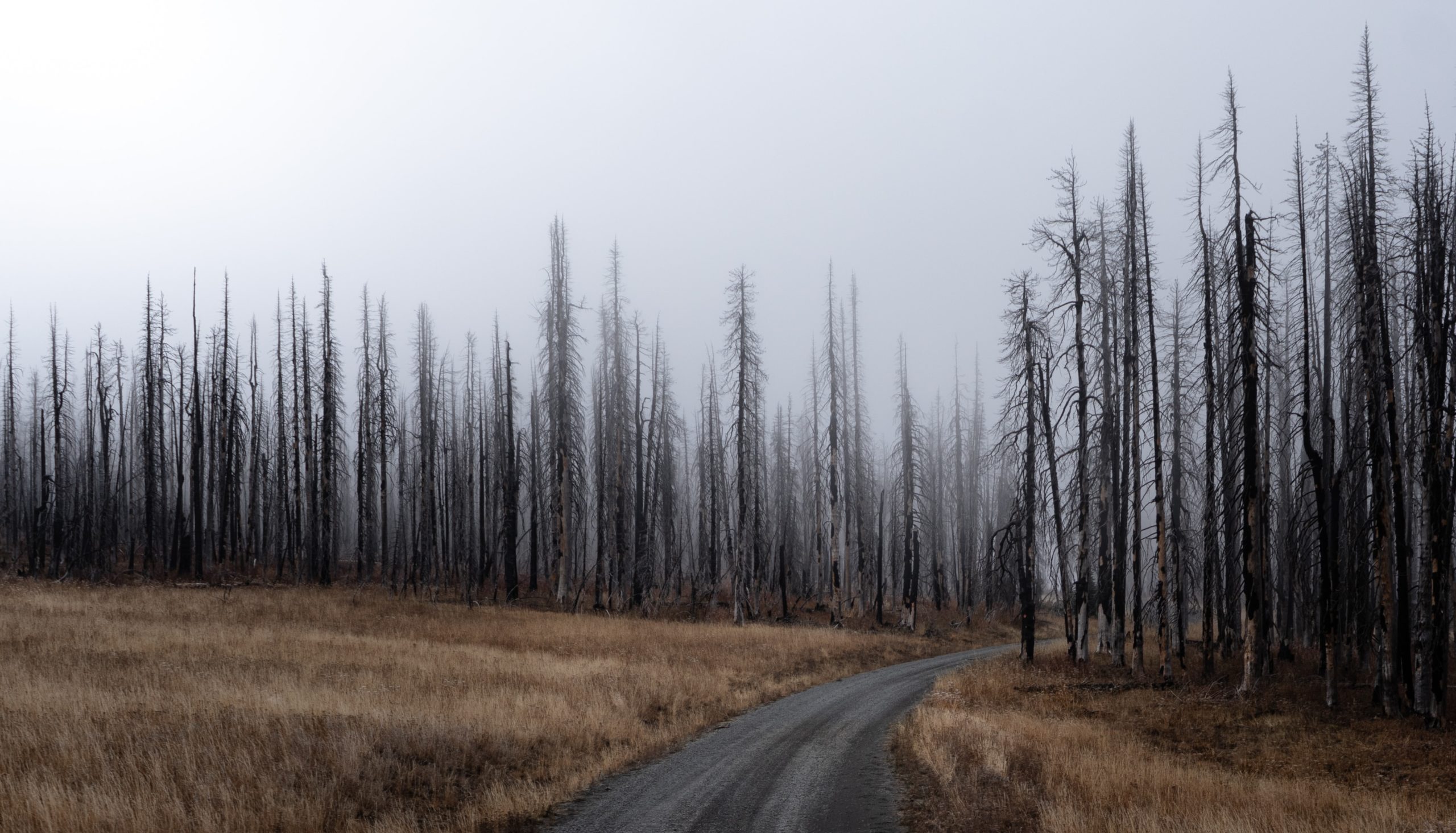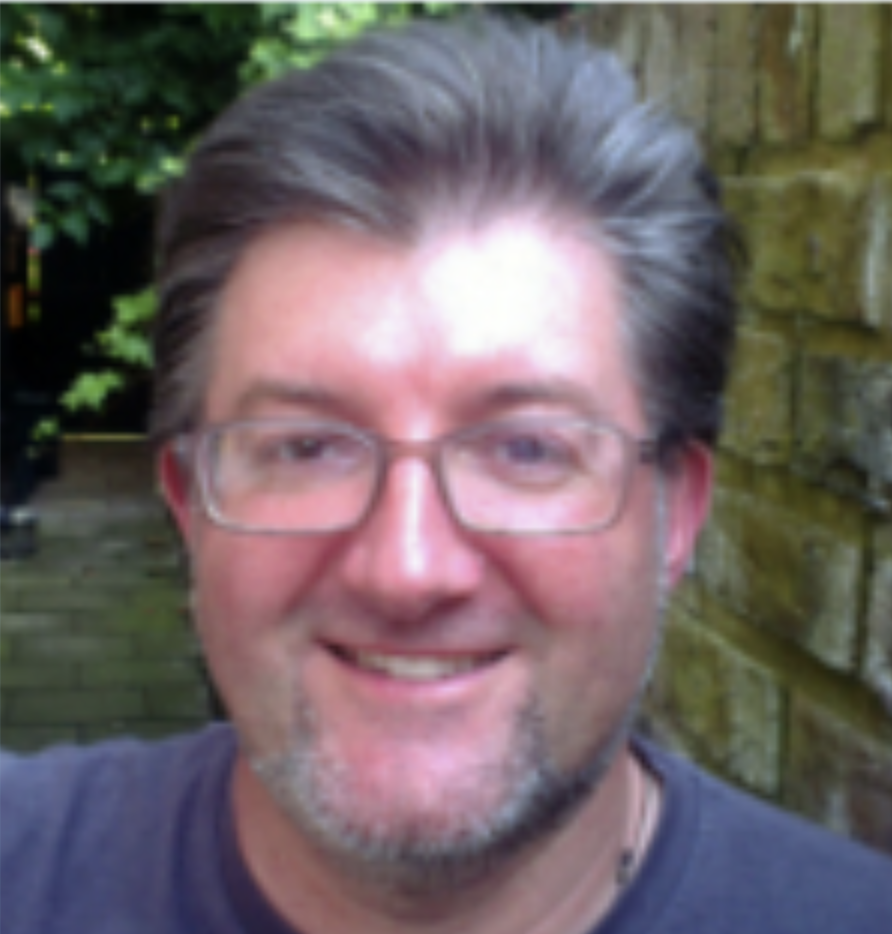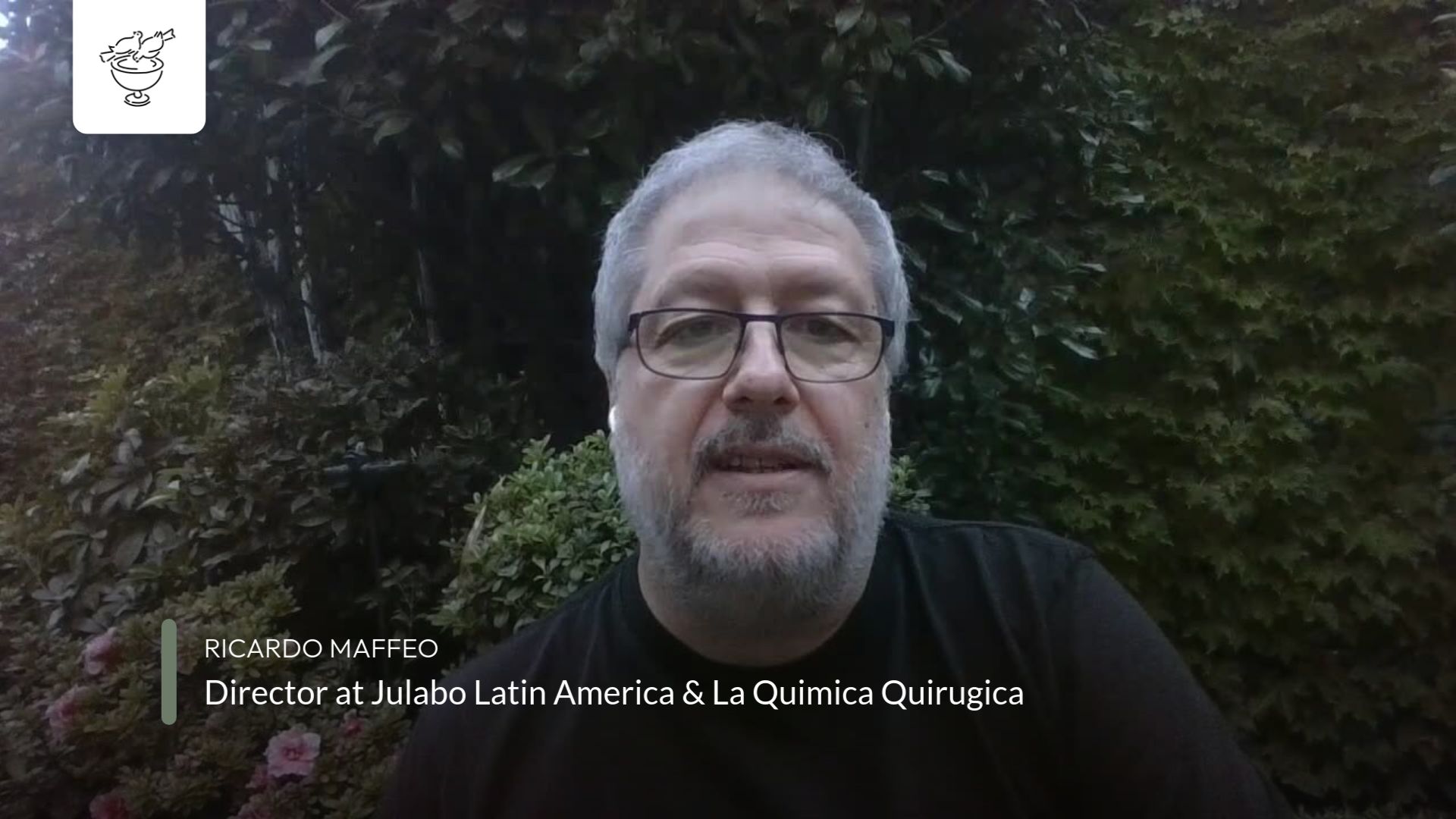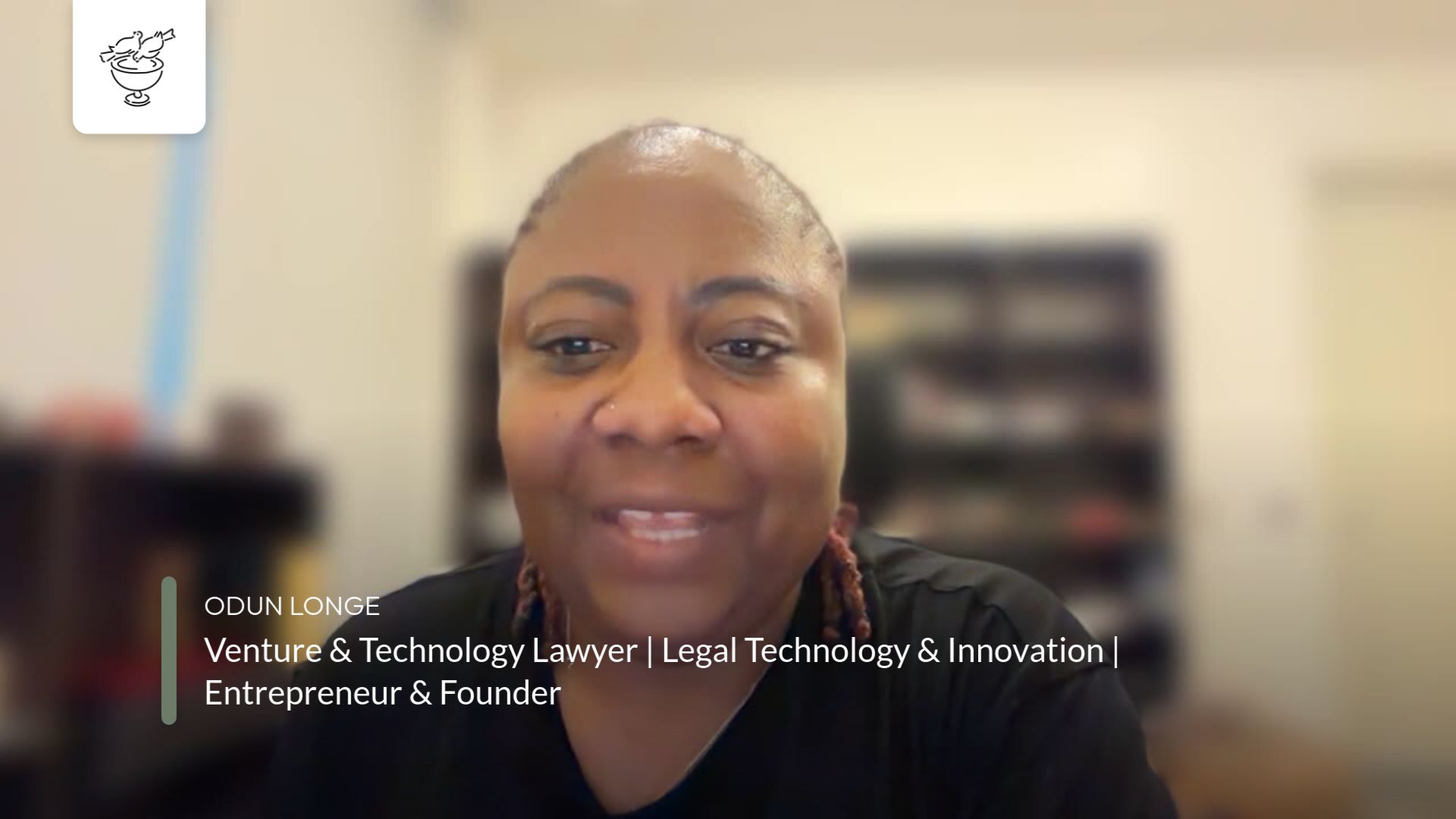Our meditation practice is one such little act of faith and co-operation.
Morning and evening meditation here at Meditatio House is combined with morning and evening prayer. Our morning and evening prayer is based on the Divine Office. The Divine Office is a way of praying which has its formal origins in the Rule of Benedict and roots in the prayer life of the Desert Mothers and Fathers. It is based on the psalms and also has regular scripture readings. One of my favourite readings from the Hebrew Testament is included in these scripture readings, a reading from Ezekiel:
The Lord God says this: I am going to open your graves; I mean to raise you from your graves, my people, and lead you back to the soil of Israel. And you will know that I am the Lord, when I open your graves and raise you from the graves, my people. And I shall put my spirit in you, and you will live, and I shall resettle you on your own soil; and you will know that I, the Lord, have said and done this – it is the Lord God who speaks. (Ezek 37:12b-14).
A literal interpretation of this text has me remembering the zombie horror movies which I have seen over the years. Shaun of the Dead comes to mind or even the current TV series The Walking Dead. The text here, however, is not referring to the divine reanimation of corpses.
A question which comes to my mind when I read this is: where in life am I dead? That is, are there parts of my life and living that just seem impossible to engage with, to change, that I have given up on; so much so, that they are dead to me? Part of the appeal of zombies is that they are a kind of physical representation of our ‘dead bits’ and the ways in which we have given up on living. Too much giving up on life means becoming a kind of zombie, an automaton going through the motions, the living dead. This kind of death can eat up the life around and within us.
When I hear this reading from Ezekiel I am also reminded of the story in John’s Gospel of Jesus raising Lazarus from the dead. Lazarus was a friend of Jesus. When Jesus eventually arrives at Lazarus’ home Lazarus is already dead, his body four days in a tomb. Jesus stands before the tomb and
…crie[s] in a loud voice ‘Lazarus, come out!’ The dead man came out, his feet and hands bound with strips of material, and a cloth over his face. Jesus said to them, ‘Unbind him, let him go free. (John 11:43b-44).
In Ezekiel it is God who raises us from our graves, in John it is the Son of God – Jesus, the one who lives a fully divinised human life, a human living his earthly life fully one with and in the love that is God. In his humanity he is divine; in his divinity he is human. What God can do, he can do. His faith in God is faith in himself.
In both texts the loving intentions of the divine are revealed through what the divine does: making what is dead live again. For the divine, death in all its forms still holds the seeds of life and transformation, of a rising to a new creative life. Death, whether physical or of the psyche, is not the end. All that is asked of us is a faith that can accept this – even just a little bit.
That the raising of Lazarus be literally true is not of primary importance. What is of more importance is the nature of our faith in the divine here and now. Can we accept that the divinity in us is of a different order to the death in us, that its life does not die with death?
Recently one of us in the house was given a Rose of Jericho, or a Resurrection Rose. This is a desert plant that, without water, curls up on itself and, for all intents and purposes, dies. When dry it gets blown along on the desert breeze until water is found. Water raises the plant from its sandy grave. It opens up, becoming green with life.
The Rose of Jericho reminds me very much of what is dead in us, of what we have died to in life, given up on, and of what God wants to raise in us.
Does our faith in what the divine life can do now include the gentle raising of what is dead to us? Compassion can live again; the capacity to love, the ability to reach out and participate in life – all of this and more, like the Rose of Jericho, may be dead and it can come alive.
The God of Ezekiel declares that we can be lead back to the soil of Israel, that is, be resettled on our ‘own soil’. This soil is the richness, the fertility, of our being in union with God. Deep within us, beyond the limitations and maneuvering of self-consciousness, there is the reality of a divinity that can transform this self-consciousness and our human life. We can, with grace and faith, grow into a life that is more and more alive, growing in harmony with the divine within us. All that is needed from us is just a little faith and a little co-operation. God will do the rest.
Our meditation practice is one such little act of faith and co-operation. It is a little act that expands in us as we experience just what God can do with this little act. And what God can do, if we allow it, is mind-blowing.
Attention on the mantra allows the mind to soak in the living water of the divine within us. Slowly, imperceptibly, what is dead in our lives is rejuvenated by the life within us not dependent on us for life: divinity itself. The fruits of meditation that slowly and quietly grow in our lives also grow from those places within us we believed dead. Our living death is transformed into living and fruitful life. Believe it. The silence within us is a living water causing what is dead in us to become new life.





